Drought in the Intermountain West
Dan _Staley (5b Sunset 2B AHS 7)
13 years ago
Related Stories
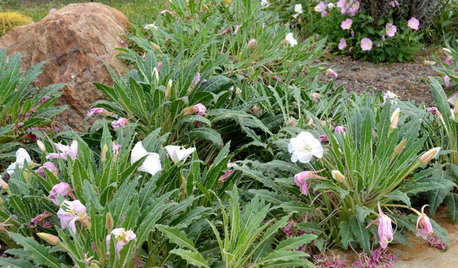
GARDENING GUIDES10 Cold- and Heat-Tolerant Perennials and Shrubs for the Arid West
These flowering native plants shrug off the cold of winter and heat of summer while adding beauty to the drought-tolerant landscape
Full Story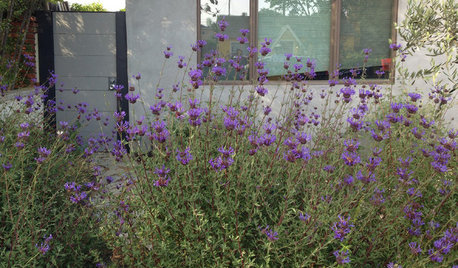
GARDENING GUIDES10 Late-Winter and Early-Spring Bloomers for the West
Tired of waiting for spring to arrive? Try these drought-tolerant, flowering plants for color that starts in late winter
Full Story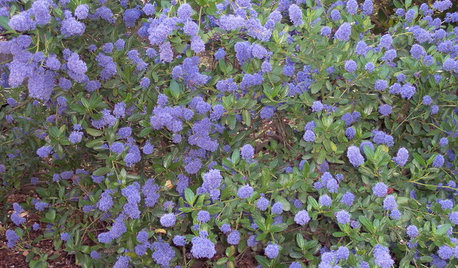
GARDENING GUIDESGreat Design Plant: Ceanothus Pleases With Nectar and Fragrant Blooms
West Coast natives: The blue flowers of drought-tolerant ceanothus draw the eye and help support local wildlife too
Full Story
GARDENING GUIDES10 Drought-Tolerant Shrubs That Thrive in Full Sun and Reflected Heat
Got a hot spot in your garden where plants often die? Try these tough shrubs that add beauty while shrugging off the heat
Full Story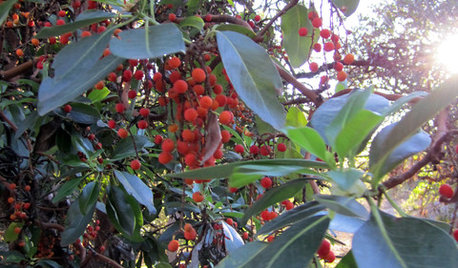
GARDENING GUIDESGreat Design Plant: Arbutus Menziesii
This drought-tolerant West Coast native tree thrives with minimal water in difficult garden spots
Full Story
SAVING WATERHouzz Call: Are You Letting Go of Your Lawn?
Many facing a drought are swapping turf for less thirsty plantings. If you’re one of them, we’d like to hear about it
Full Story
GARDENING GUIDES6 Plants for Colorful Fall Foliage in the Water-Wise Western Garden
Try these colorful, drought-tolerant additions to your garden for a fall season filled with color
Full Story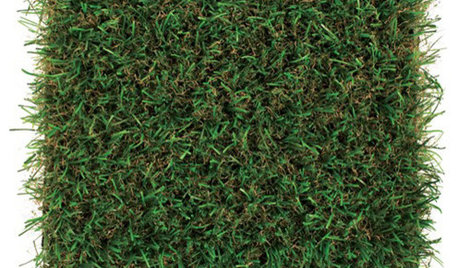
DECORATING GUIDESJust In: 10 New Things to Make Eco-Living Easier
Finds from The 2011 West Coast Green Conference
Full Story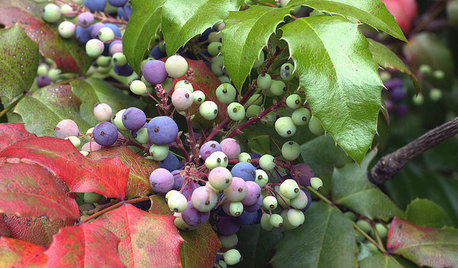
GARDENING GUIDESGreat Design Plant: Mahonia Aquifolium for Birds
Oregon grape puts on a bold spectacle from spring through winter and is ideal to brighten partly shady corners in the U.S. West
Full Story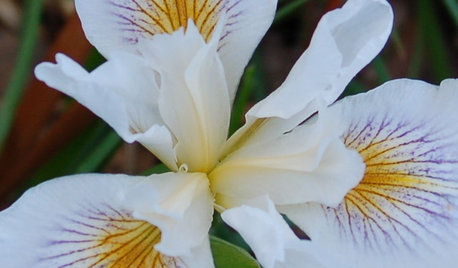
GARDENING AND LANDSCAPINGGreat Design Plant: Pacific Coast Iris
Plant this West Coast native for stunning, intricate blooms from January through May
Full Story





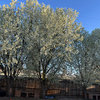
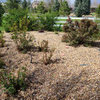
gjcore
billie_ladybug
Related Professionals
Windham Landscape Architects & Landscape Designers · Middletown Landscape Contractors · Berkeley Heights Landscape Contractors · Bloomington Landscape Contractors · Clearlake Landscape Contractors · Hendersonville Landscape Contractors · Mahwah Landscape Contractors · Mission Landscape Contractors · Muttontown Landscape Contractors · Plymouth Landscape Contractors · Yuba City Landscape Contractors · Norridge Landscape Contractors · Hemet Solar Energy Systems · Yucca Valley Solar Energy Systems · Melville Solar Energy SystemsSkybird - z5, Denver, Colorado
colokid
msfuzz
gjcore
gjcore
david52 Zone 6
Dan _Staley (5b Sunset 2B AHS 7)Original Author
colokid
bpgreen
Dan _Staley (5b Sunset 2B AHS 7)Original Author